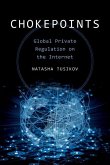
25,95 €
Sofort per Download lieferbar
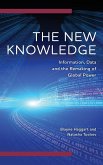
Gebundenes Buch
Information, Data and the Remaking of Global Power
21. Juni 2023
Rowman & Littlefield Publishers
Ähnliche Artikel

15,95 €
Sofort per Download lieferbar

eBook, ePUB
6. Februar 2015
University of California Press

12,95 €
Sofort per Download lieferbar

25,95 €
Sofort per Download lieferbar

12,95 €
Sofort per Download lieferbar

6,99 €
Sofort per Download lieferbar
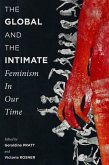
28,95 €
Sofort per Download lieferbar

23,95 €
Sofort per Download lieferbar
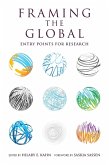
6,99 €
Sofort per Download lieferbar
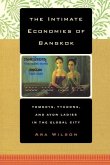
29,95 €
Sofort per Download lieferbar
Ähnlichkeitssuche: Fact®Finder von OMIKRON
